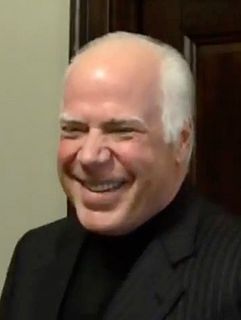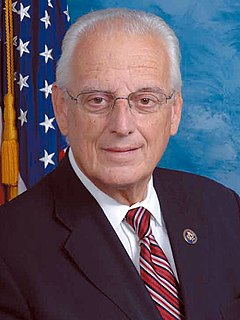A Quote by Arthur Laffer
The minimum wage is the black teenage unemployment act. It is the guaranteed way of holding the poor, the minorities and the disenfranchised out of the mainstream is if you price their original services too high.
Related Quotes
Minimum wage laws tragically generate unemployment, especially so among the poorest and least skilled or educated workers... Because a minimum wage, of course, does not guarantee any worker's employment; it only prohibits, by force of law, anyone from being hired at the wage which would pay his employer to hire him.
If the price of a burger goes up 5 cents, and the minimum wage that you have received is going up from $7.25 to $15 an hour - and there have been a number of studies that document just how much the price of a burger might go up if you increase the minimum wage. You match the costs, and the benefits far outweigh the costs.
A general flat minimum-wage law for all industry is permissible, but I do not think that it is a particularly wise method of achieving the end. I know much better methods of providing a minimum for everybody. But once you turn from laying down a general minimum for all industry to decreeing particular and different minimum for different industries, then, of course, you make the price mechanism inoperative, because it is no longer the price mechanism which will guide people between industries and trades.
































